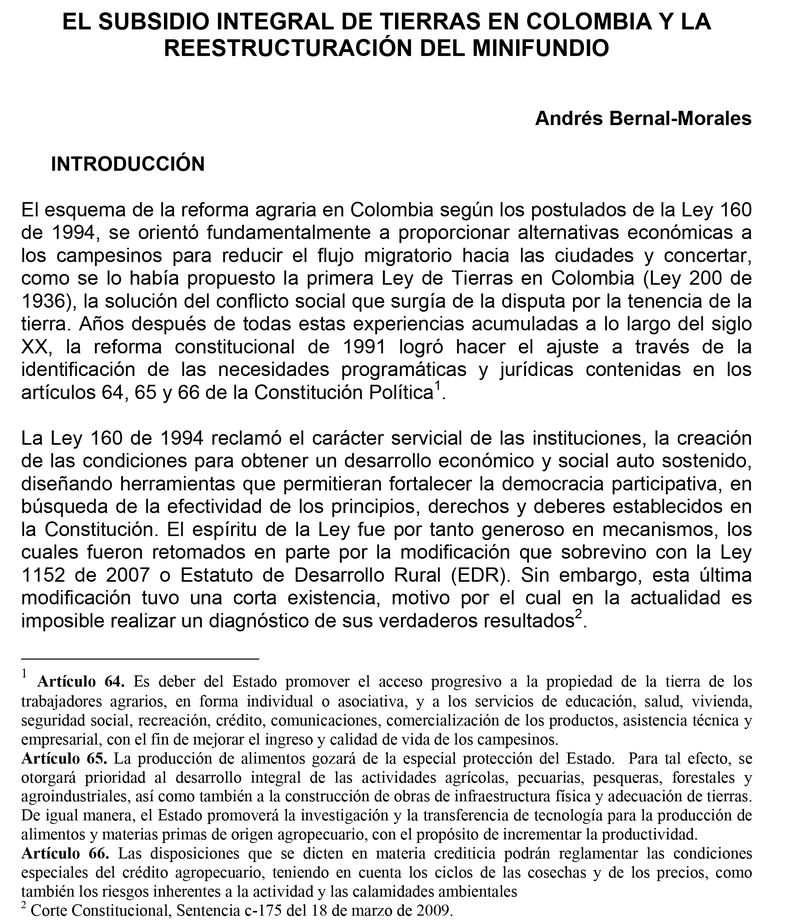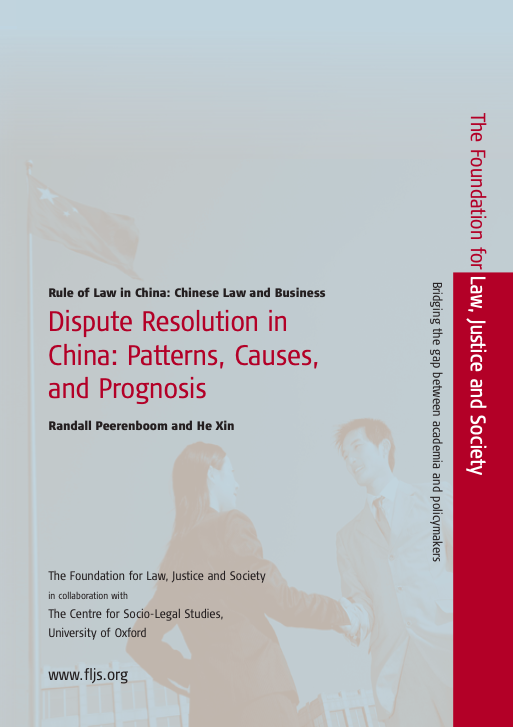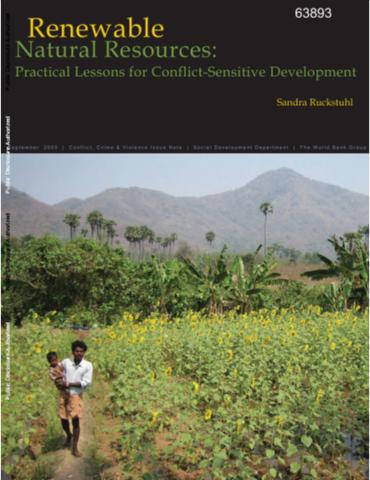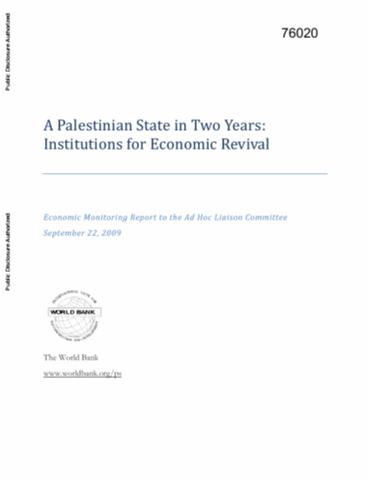Going Digital : Credit Effects of Land Registry Computerization in India
Despite strong beliefs that property
titling and registration will enhance credit access,
empirical evidence in support of such effects remains scant.
The gradual roll-out of computerization of land registry
systems across Andhra Pradesh's 387 sub-registry
offices allows us to combine quarterly administrative data
on credit disbursed by all commercial banks for an
eleven-year period (1997-2007) aggregated to the








